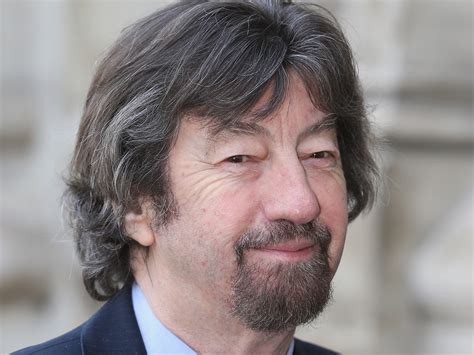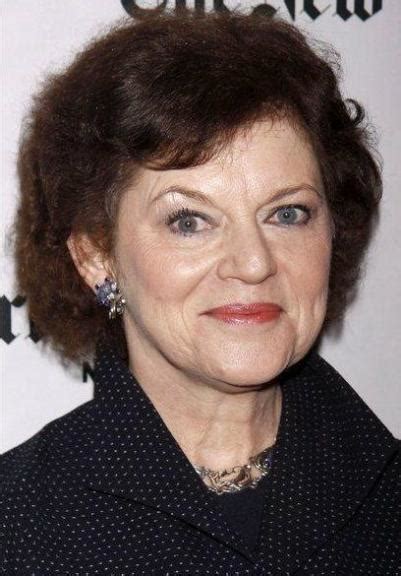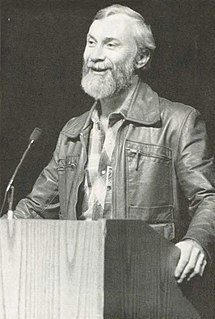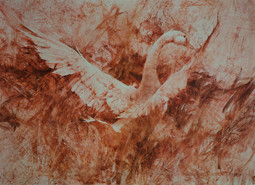A Quote by Alec Soth
For me, photography is as much about the way I respond to the subject as it is about the subject itself.
Related Quotes
Many people will tell you that an expert is someone who knows a great deal about the subject. To this I would object that one can never know much about any subject. I would much prefer the following definition: an expert is someone who knows some of the worst mistakes that can be made in the subject, and how to avoid them.
I think you reveal yourself by what you choose to photograph, but I prefer photographs that tell more about the subject. There's nothing much interesting to tell about me; what's interesting is the person I'm photographing, and that's what I try to show. [...] I think each photographer has a point of view and a way of looking at the world... that has to do with your subject matter and how you choose to present it. What's interesting is letting people tell you about themselves in the picture.
Basically, I'm a perpetual student. I start by finding a subject I really don't know very much, but that I'm curious about. I learn about it through books in a library, by doing interviews with people who know a lot about the subject, and by going out on my own and seeing for myself what's happening.
Photography has arrived at the point where it is capable of liberating painting from all literature, from the anecdote, and even from the subject. In any case, a certain aspect of the subject now belongs to the domain of photography. So shouldn't painters profit from their newly acquired liberty, and make use of it to do other things?
The Chinese have a theory that you pass through boredom into fascination and I think it's true. I would never choose a subject for what it means to me or what I think about it. You've just got to choose a subject - and what you feel about it, what it means, begins to unfold if you just plain choose a subject and do it enough.
To do a portrait today, I decide how close I can get to my subject. First, of course, mentally or intellectually, then in the viewfinder. Music cues the subject and me when to shoot. The music played during a photography session is most important - stimulating to the subject and to me. As in a film, the music builds or becomes quiet, romantic; just one note sets the actor up to emote for his audience. I want a reciprocal portrait, not a bureaucratic one



































